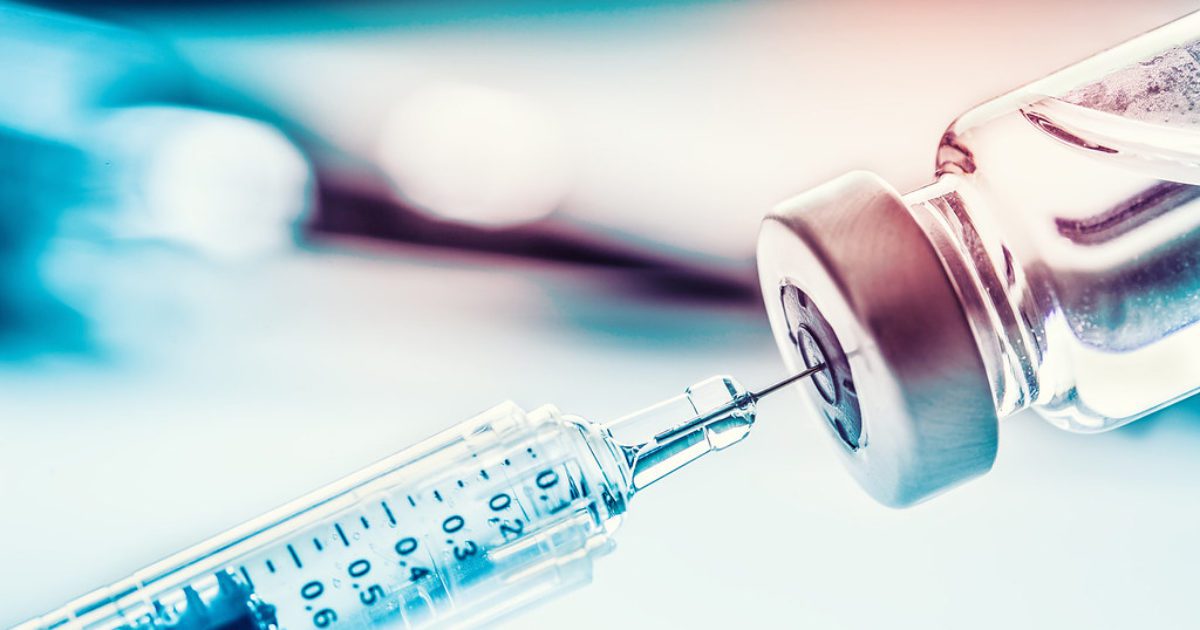A recent abstract published by the American Heart Association’s journal Circulation revealed alarming statistics about the cardiovascular risks of the mRNA COVID-19 injections.
The study conducted by cardiologist Steven R Gundry stated “we conclude that the mRNA vacs dramatically increase inflammation on the endothelium and T cell infiltration of cardiac muscle and may account for the observations of increased thrombosis, cardiomyopathy, and other vascular events following vaccination.”
From The American Heart Association Journal.
Maybe those of us leery about mRNA vaccines are actually correct to not trust the vaccines.
Read for yourself: https://t.co/UmWaUWzR03 pic.twitter.com/XDk48Qvm03— LibertyJ (@LibertyJen) November 22, 2021
mRNA COVID Vaccines Dramatically Increase Endothelial Inflammatory Markers, resulting in a 5 years Acute Coronary Syndrome risk increase of 227% !!!https://t.co/9eEPUuZNw5
— Ehden (#PfizerLeak/#MonkeyBusiness/#COptiGate) (@eh_den) November 21, 2021
“mRNA vacs dramatically increase inflammation on the endothelium and T cell infiltration of cardiac muscle and may account for the observations of increased thrombosis, cardiomyopathy, and other vascular events following vaccination.” https://t.co/FZo3yw0Gw3
— Dr. George Fareed (@GeorgeFareed2) November 21, 2021
Another abstract published in Circulation reveals more shocking data related to the experimental COVID-19 jabs.
The COVID Cult says “follow the science.”
So, let’s show them the science from the American Heart Association.
This newest publication is titled “Clinically Suspected Myocarditis Temporally Related to COVID-19 Vaccination in Adolescents and Young Adults.”
#OriginalResearch In 139 patients <21y #COVID #vaccine #myocarditis, most cases were mild with rapid resolution of symptoms. #AHAJournals https://t.co/ZA3IUPKEYb
— Circulation (@CircAHA) December 6, 2021
Report of 139 adolescents & young adults with myocarditis within 30 days of #COVIDVaccination: https://t.co/ti9VvzZGqv
– Median age: 15.8 years
– 90.6%: male
– 94.2%: Pfizer-BioNTech vaccine
– 91.4%: after the 2nd dose
– Symptoms started a median of 2 days after vacc.@DrJohnB2— Kealan 🗽 (@Flyck66) December 8, 2021
https://twitter.com/rfsquared/status/1467837024585592837
https://twitter.com/walidgellad/status/1467873656231677964
Here’s the full abstract published in Circulation:
Abstract
Background: Understanding the clinical course and short-term outcomes of suspected myocarditis following COVID-19 vaccination has important public health implications in the decision to vaccinate youth.
Methods: We retrospectively collected data on patients <21 years-old presenting before 7/4/2021 with suspected myocarditis within 30 days of COVID-19 vaccination. Lake Louise criteria were used for cardiac magnetic resonance imaging (cMRI) findings. Myocarditis cases were classified as confirmed or probable based on the Centers for Disease Control and Prevention definitions.
Results: We report on 139 adolescents and young adults with 140 episodes of suspected myocarditis (49 confirmed, 91 probable) at 26 centers. Most patients were male (N=126, 90.6%) and White (N=92, 66.2%); 29 (20.9%) were Hispanic; and median age was 15.8 years (range 12.1-20.3, IQR 14.5-17.0). Suspected myocarditis occurred in 136 patients (97.8%) following mRNA vaccine, with 131 (94.2%) following the Pfizer-BioNTech vaccine; 128 (91.4%) occurred after the 2nd dose. Symptoms started a median of 2 days (range 0-22, IQR 1-3) after vaccination. The most common symptom was chest pain (99.3%). Patients were treated with nonsteroidal anti-inflammatory drugs (81.3%), intravenous immunoglobulin (21.6%), glucocorticoids (21.6%), colchicine (7.9%) or no anti-inflammatory therapies (8.6%). Twenty-six patients (18.7%) were in the ICU, two were treated with inotropic/vasoactive support, and none required ECMO or died. Median hospital stay was 2 days (range 0-10, IQR 2-3). All patients had elevated troponin I (N=111, 8.12 ng/mL, IQR 3.50-15.90) or T (N=28, 0.61 ng/mL, IQR 0.25-1.30); 69.8% had abnormal electrocardiograms and/or arrythmias (7 with non-sustained ventricular tachycardia); and 18.7% had left ventricular ejection fraction (LVEF) <55% on echocardiogram. Of 97 patients who underwent cMRI at median 5 days (range 0-88, IQR 3-17) from symptom onset, 75 (77.3%) had abnormal findings: 74 (76.3%) had late gadolinium enhancement, 54 (55.7%) had myocardial edema, and 49 (50.5%) met Lake Louise criteria. Among 26 patients with LVEF <55% on echocardiogram, all with follow-up had normalized function (N=25).
Conclusions: Most cases of suspected COVID-19 vaccine myocarditis occurring in persons <21 years have a mild clinical course with rapid resolution of symptoms. Abnormal findings on cMRI were frequent. Future studies should evaluate risk factors, mechanisms, and long-term outcomes.



Join the conversation!
Please share your thoughts about this article below. We value your opinions, and would love to see you add to the discussion!